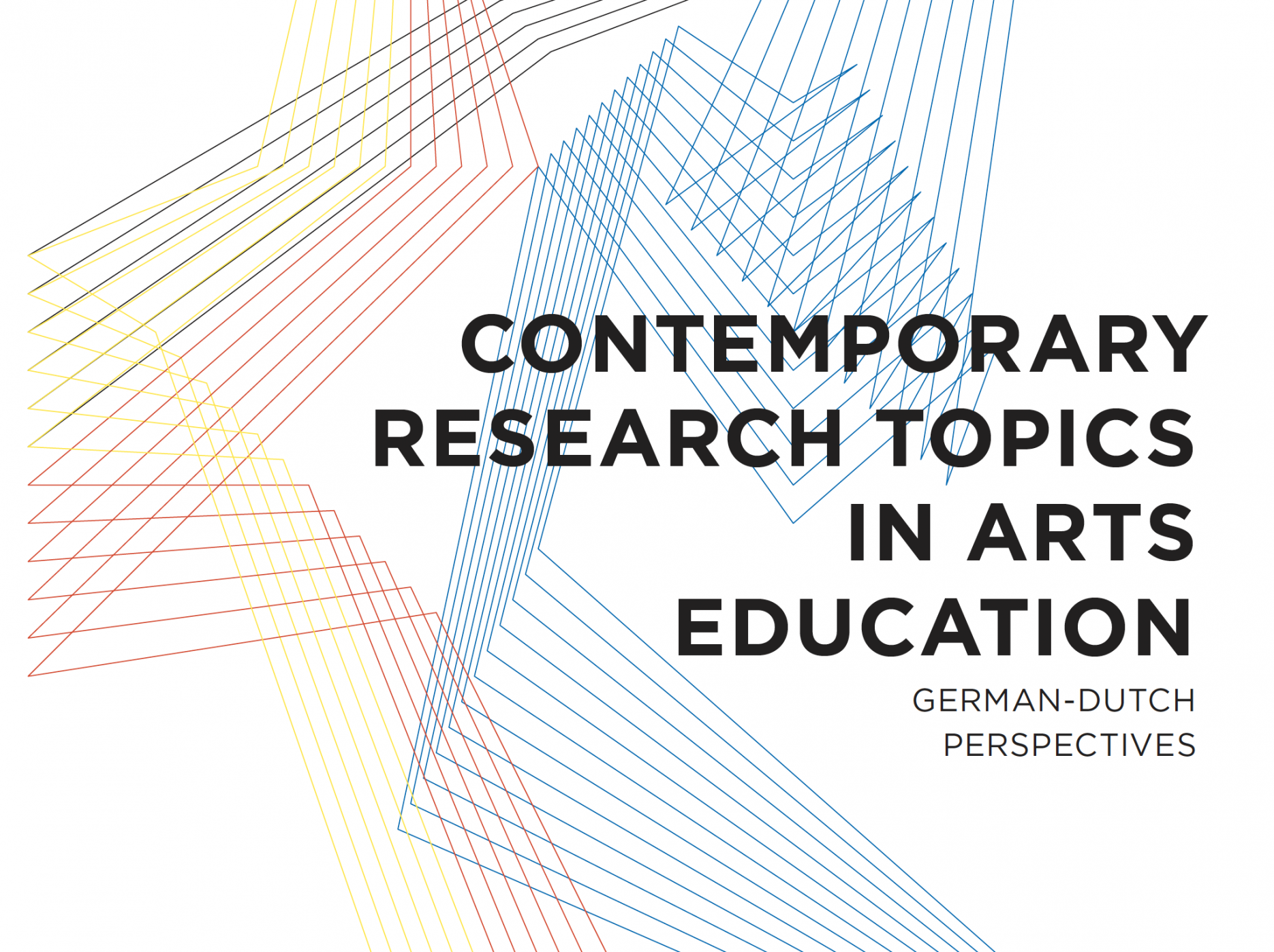The spread of mobile digital technologies such as smartphones, tablets or laptops has led to massive changes in musical practices in recent years. As a result, central traditional concepts of musical instruments, musicians and musical forms of expression have changed radically. As never before in the history of music, a broad spectrum of technologies (e.g. apps) has been made available to amateurs or non-professionals. In addition, technologies such as apps were integrated into professional music practices. The pocket instrument technologies are said to have a high intuitivity, low threshold, inherent autodidactic learnability as well as a potential for democratization.
This seems to be a promising topic for questions about the potential of apps for the goals of arts education in various contexts. Accordingly, in recent years the scientific interest in mobile music technologies in general and apps that make music in particular has increased. The joint research project »MuBiTec – Musical Education with Mobile Digital Technologies« deals with different questions of musical education with mobile devices in three subprojects. These include consequences for musical development, forms of aesthetic experience, and the transformation of self-world relations through participation in communities of musical practice. >download
